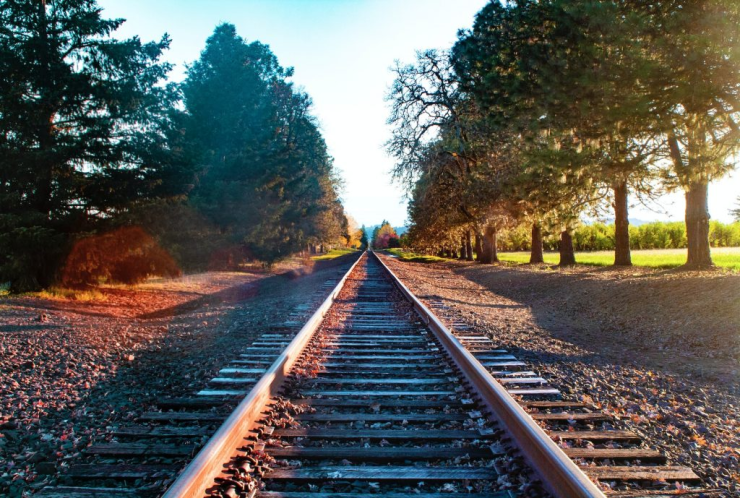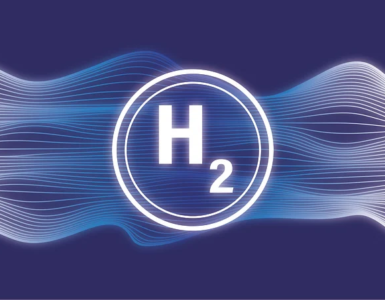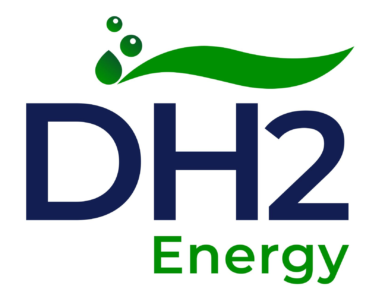Ryze Hydrogen – Hydrogen trains on track to replace diesel around the world.
The first hydrogen trains to enter commercial service have left the station. One may well be arriving at a platform near you in the coming years.
Two weeks ago, a local train line near Hamburg in Germany made history when it started operating a service powered only by hydrogen.
It is an incredible feat and will soon be joined by similar services around the world.
🔥 What about we co-host a webinar? Let's educate, captivate, and convert the hydrogen economy!
Hydrogen Central is the global go-to online magazine for the hydrogen economy, we can help you host impactful webinars that become a global reference on your topic and are an evergreen source of leads. Click here to request more details
In the UK, several projects are underway. Scotland’s first hydrogen-fuelled train began test runs on a five-mile stretch of track near Linlithgow just last week, while in November of 2021, HydroFLEX, a passenger train revamped by partners including Porterbrook, the University of Birmingham among others, was demonstrated at COP26 in Glasgow.
Also during the climate-change conference, Eversholt Rail signed an agreement with Alstom to design, build, commission and support a fleet of 10 three-car hydrogen trains in Britain.
Hydrogen trains are needed as railways seek to end the use of diesel rolling stock on lines that can’t be electrified.
In the UK, just 42% of the track is electrified and diesel trains make up almost 30% of the nation’s fleet. With the government setting a 2040 deadline for the phase-out of diesel trains, time is running short for finding replacements.
In most of the world, diesel makes up a much larger percentage of train fleets than in the UK, increasing the need for a clean alternative.
In North America, Canadian Pacific’s Hydrogen Locomotive Program, which began in December 2020, has expanded this year to three locomotives as it looks to refine its process of converting diesel-electric powertrains to hydrogen electric.
In May, Calgary-based ATCO Group said it will provide engineering, procurement and construction services to two hydrogen production and refuelling facilities for Canadian Pacific. Each site will include a 1 MW electrolyser as well as compression, storage and dispensing for locomotive refuelling.
Canadian company Ballard Power Systems said just this week that it will supply hydrogen infrastructure in the shape of eight 100kW fuel cell to Indian rail integrator Medha Servo Drives, which has been contracted by Indian Railways to develop the country’s first hydrogen-powered trains.
Hydrogen trains are being explored by British mining giant Anglo American, which is working with Australian rail company Aurizon to replace diesel trains in the North West Minerals Province in Queensland.
Romania is also investing in hydrogen transport. In July, the government authorised the purchase of 12 hydrogen trains with 160 seats each to run on non-electrified routes between Bucharest Central Station and Bucharest Airport, and on routes from the north of Bucharest City and Ilfov County to the neighbouring counties of Argeș, Dâmbovița and Giurgiu.
Replacing diesel traction with hydrogen fuel cells in Romania will reduce emissions by 18,348 tonnes of CO2 and 306 tonnes of NOx per year, for a value of more than €600,000 a year.
Rail is already one of the cleanest forms of transport. It emits about 40 grams of CO2 per passenger km in Europe compared with about 110 grams per km for cars. With the help of hydrogen, it can become even cleaner.
READ the latest news shaping the hydrogen market at Hydrogen Central
Hydrogen trains on track to replace diesel around the world, September 7, 2022








